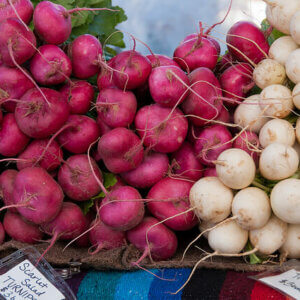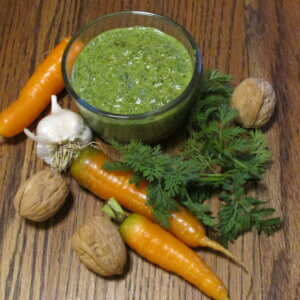Genetically modified organisms, such as plants and livestock are already found in our supermarkets. GM plants are much more common than many people realize too. Here is a list of the 10 most common GMO foods so you can be more aware while grocery shopping.
1. Soy
Up to 90% of soybeans in the market have been genetically modified to be naturally resistant to an herbicide called, Round Up. This increased resistance to the herbicide allows farmers to use more Round Up to kill weeds. However, this results not only in a genetically modified food product, but also a food product loaded with more chemicals.
2. Corn
Up to 93% of the corn produced in the U.S. is genetically engineered.
Half of the US farms growing corn to sell to the conglomerate, Monsanto, are growing GMO corn. Most of this corn is going to be used for human consumption. Genetically modified corn has been linked to health problems, including weight gain and organ disruption.
3. Canola oil
Canola oil is derived from rapeseed oil. It is considered one of the most chemically altered oils sold in the US. Canola oil was one of the first crops to be approved for genetic modification, back in 1995.
4. Cotton
Even cotton has been genetically modified to increase yield and resistance to disease. Most concern relates to the cotton oil. Cotton originating from India, and China, in particular, is considered higher risk for personal health. Today, 85% of U.S. Cotton acres are planted with GMO seeds.
5. Milk
One fifth of the dairy cows in the United States have been given growth hormones to help them grow faster and increase their yield. These hormones can be found in some of the milk produced by these cows. These growth hormones have been shown to act inside the human body.
6. Sugar
Genetically modified sugar beets were introduced to the US market in 2009. These sugar beets are modified to resist Roundup, like corn.
7. Aspartame
Aspartame is an artificial sweetener used instead of sugar by many people. There is some question concerning the the safety of aspartame in the body, including its possible link to certain cancers. Aspartame is manufactured from genetically modified bacteria.
8. Zucchini
Genetically modified zucchini contains a toxic protein that helps make it more resistant to insects. This introduced insecticide, has recently been found in human blood, including that of pregnant women and fetuses. This indicates that some of the insecticide is making its way into our bodies rather than being broken down and excreted.
9. Yellow Squash
Yellow squash has also been modified with the toxic proteins to make it insect resistant. This plant is very similar to zucchini, and both have also been modified to resist viruses.
10. Papaya
Genetically modified papaya trees have been grown in Hawaii since 1999. These Papayas are sold in the United States and Canada for human consumption. These papayas have been modified to be naturally resistant to Papaya Ringspot virus, and also to delay the maturity of the fruit. Delaying maturity gives suppliers more time to ship the fruit to supermarkets.
These are just 10 of the most prevalent GMO foods found in the supermarket. There are many others currently for sale and being grown for the market. GMO safety is not yet certain, so if you want to stay away from it always keep an eye out for a label that indicates food is organic or non-GMO.










































Really excellent stuff, Chris, thanks! I had no idea about the squash and the zucchini! I will shop with a closer inspection going forward.
GMO’s are 100% safe, don’t believe this propaganda BS. It’s advertising, companies make profit off of demonizing GMO’s, do some research. There are only 10 GMO crops in all of existence, what he was speaking to a lot of the time in this article was processed foods that have been chemically altered post-harvest which is an entirely different thing.
I have always wondered if organic products could be genetically modified. So far I’ve felt safe buying organic and now I am not sure…would you clarify this for me?
thanks
USDA certified organic produce can’t be genetically modified. The sad reality, though, is that GMO crops can (and do) contaminate other crops, so while organic farmers never knowingly plant GMO seeds, there can be cross-breeding that they can’t control.
Not a whole of facts in this article.
This article doesn’t appear to have the statistics updated at all. I’ve see several claims that 94% or 96% of soy is GMO, and corn at least 90% not 50%. I wasn’t aware of zucchini and squash being GMO, so thanks for that, but I would rather have a list of all foods that are GMO in any percentage than have just the top ten.